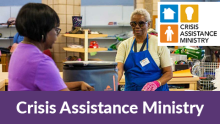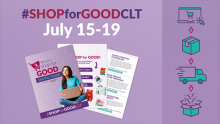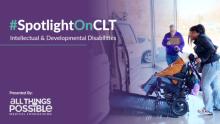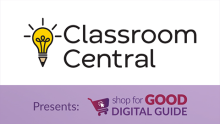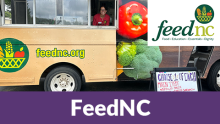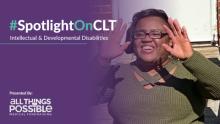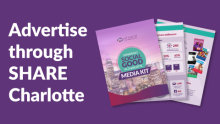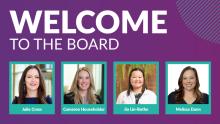Meet Crisis Assistance Ministry
Meet Crisis Assistance Ministry, a SHARE Charlotte Nonprofit Partner
SHARE Charlotte wants to build a better Charlotte by empowering nonprofits and helping people invest in their community in ways that matter most to them. We love getting the chance to sit down with a nonprofit and learn more about their programs, in turn sharing with you, Charlotte, how easy it is to get involved and help.
Meet Crisis Assistance Ministry!
💙 Charlotteans would love to know more about Crisis Assistance Ministry! Could you tell us more?




